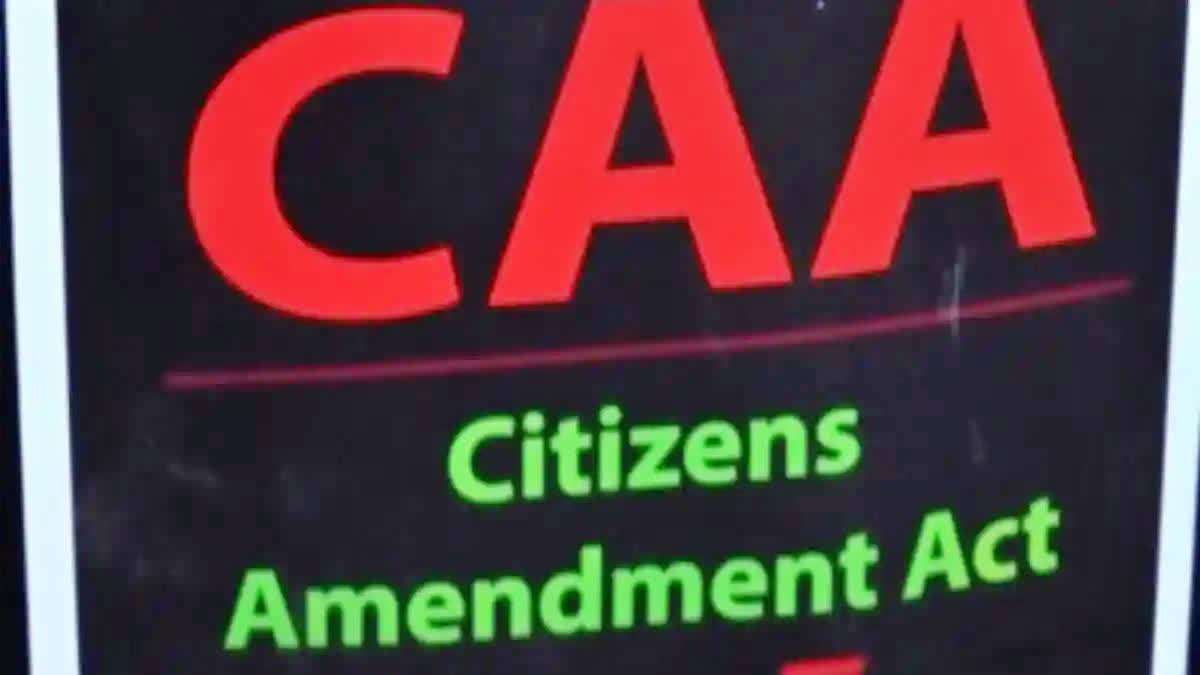New Delhi: The Citizenship (Amendment) Act, 2019, which came into effect on Monday, will not be implemented in most tribal areas in Northeastern states, including those granted special status under the 6th Schedule of the Constitution. According to the law, it is not going to be implemented in all Northeastern states where Inner Line Permit (ILP) is required for a visit by people of other parts of the country.
The ILP is in force in Arunachal Pradesh, Nagaland, Mizoram and Manipur. The tribal areas, where autonomous councils were created under the 6th Schedule of the Constitution, were also exempted from the purview of the CAA, officials said quoting from the rues of the law that were notified on Monday.
Such autonomous councils are in existence in Assam, Meghalaya and Tripura. These include Karbi Anglong, Dila Hasao and Bodoland Territorial Council areas in Assam, Garo Hills in Meghalaya and tribal areas in Tripura.
With the CAA rules being issued, the Modi government will now start granting Indian nationality to persecuted non-Muslim migrants Hindus, Sikhs, Jains, Buddhists, Parsis and Christians -- from Bangladesh, Pakistan and Afghanistan who had come to India till December 31, 2014. The CAA was passed in December 2019 and subsequently got the president's assent, but there were protests in several parts of the country against it. The law could not come into effect as rules had not been notified till now.
Read More
- Modi, Shah brainstorm over LS poll candidates; BJP's second list of 90 to be announced soon: Report
- Protests erupt in Jamia Millia Islamia over implementation of CAA
- Explained: What are CAA Rules? Eligibility, Documents Required, Process of Getting Citizenship
